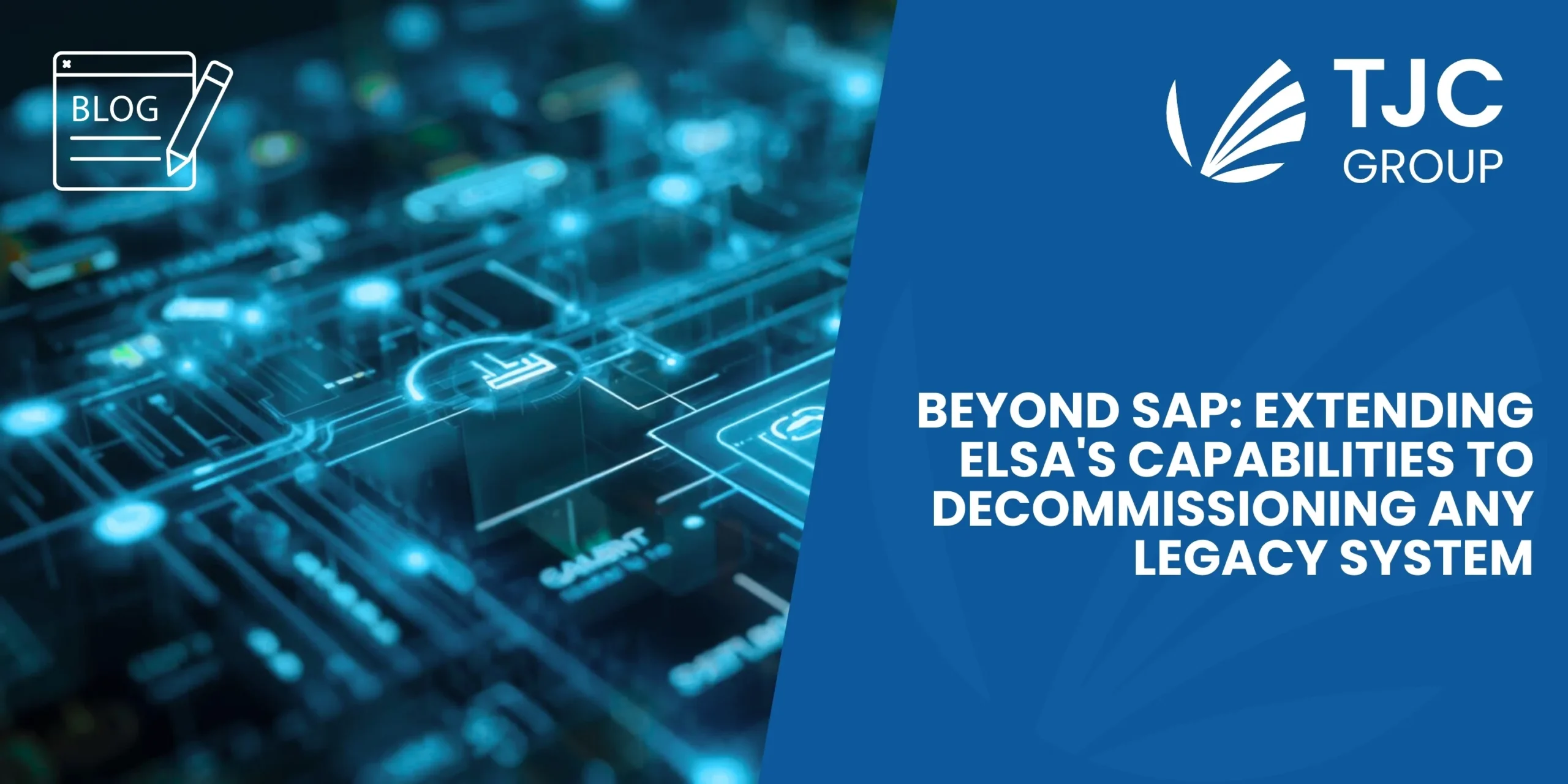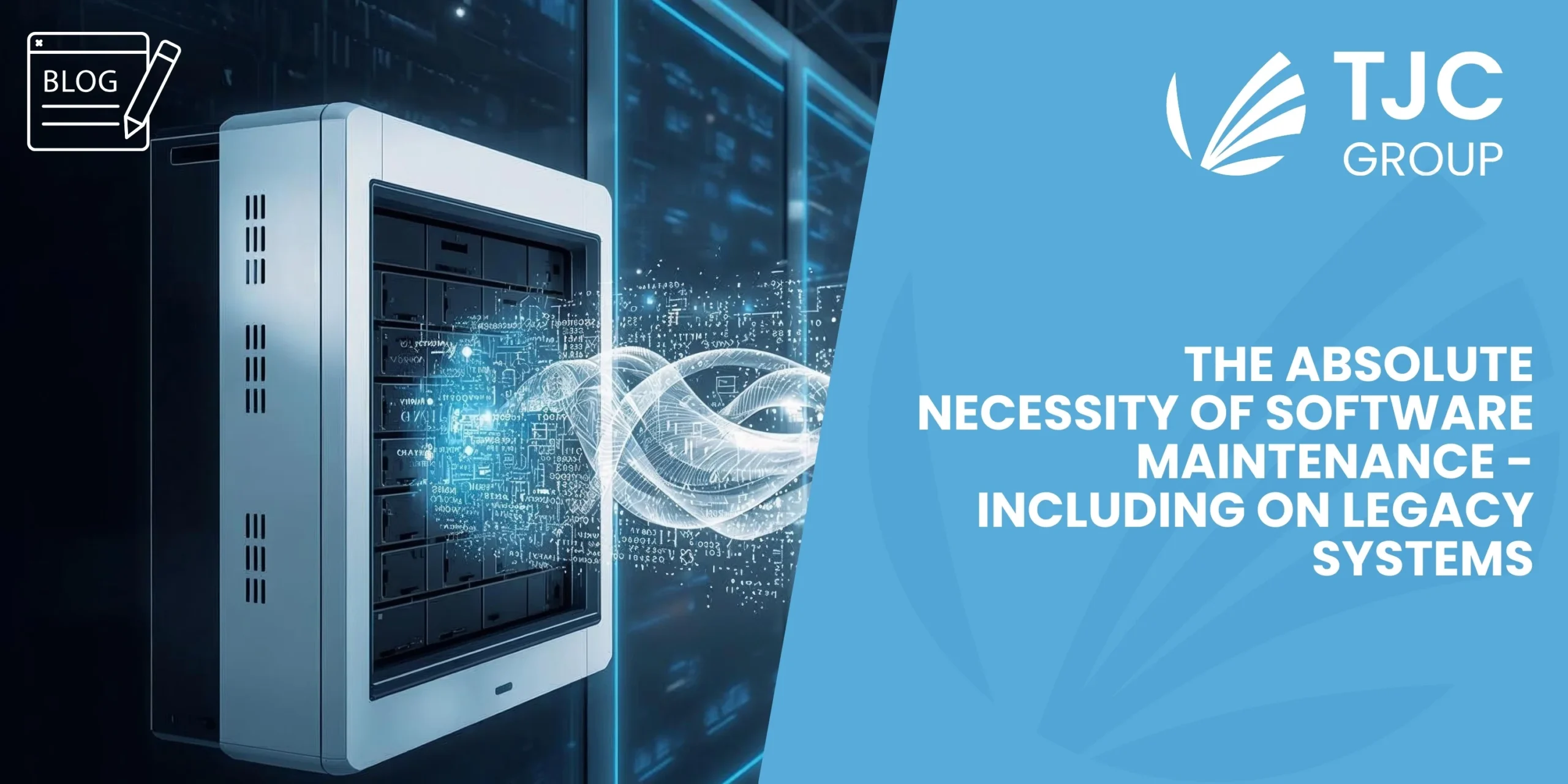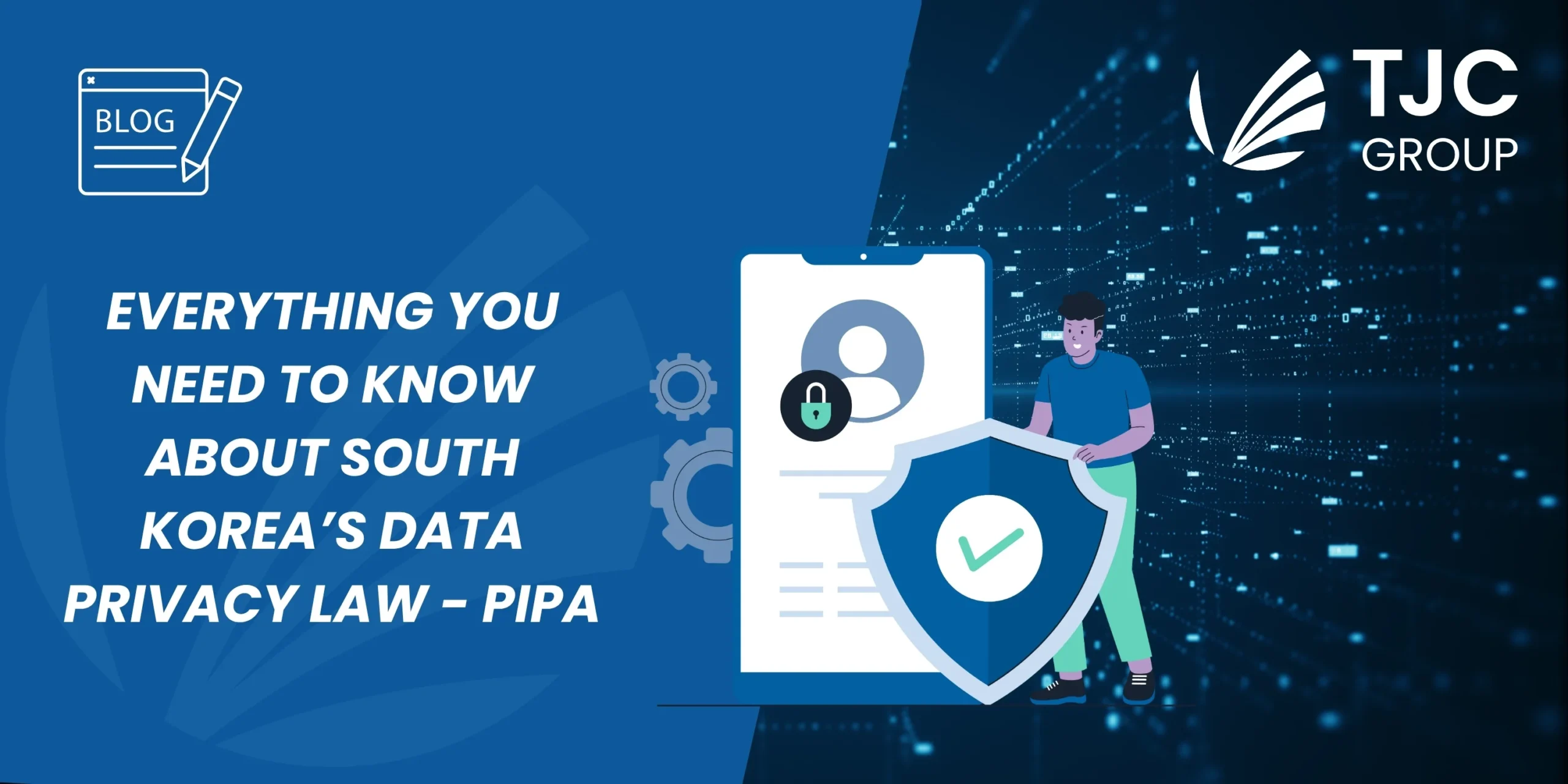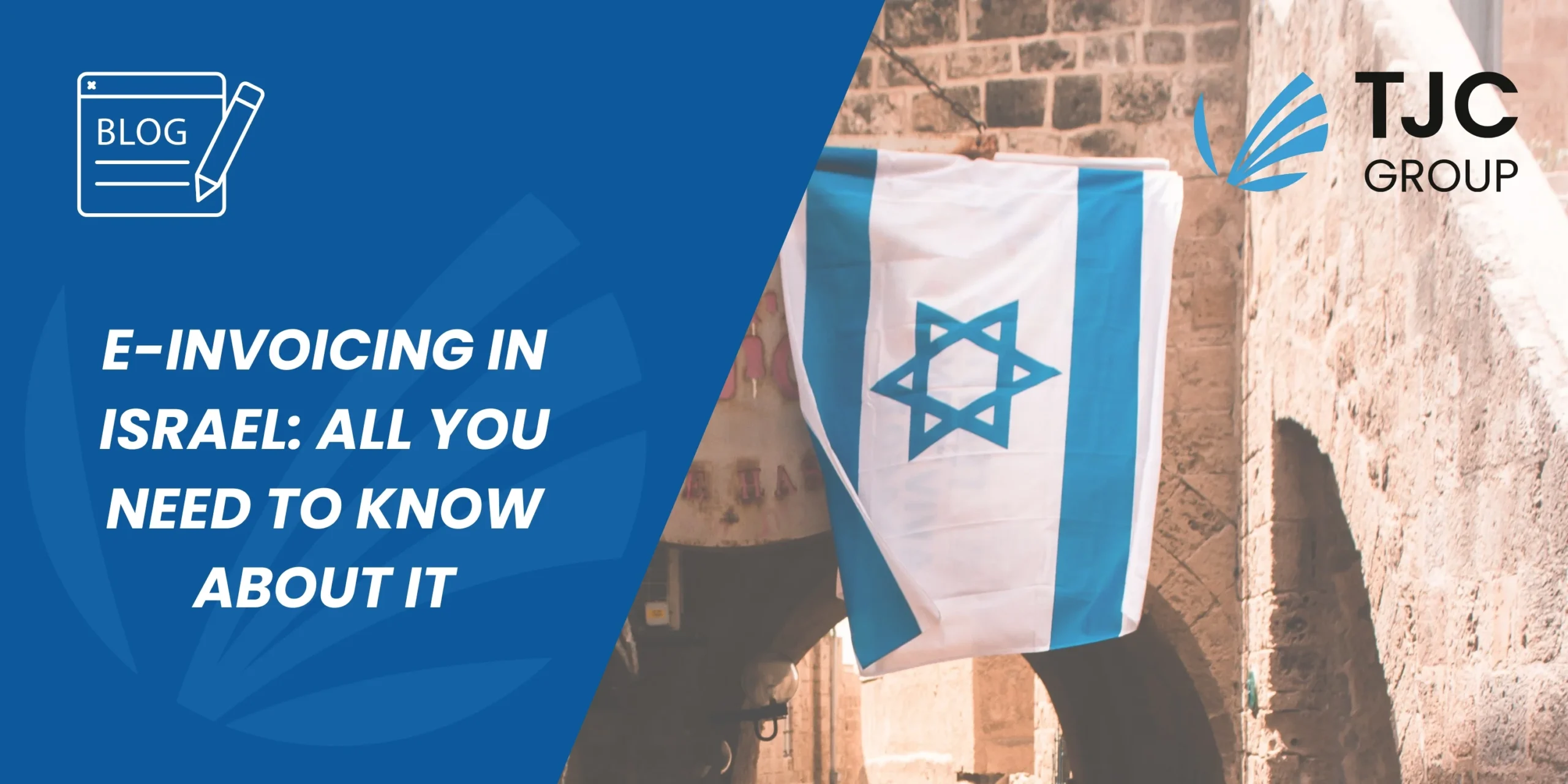Author: Patchanok Kluabkaew, SAP Finance Lead
On December 13th, the French National Assembly reinstated September 1, 2026, as the designated initial date for e-invoicing and e-reporting, effectuated through an approved amendment to the 2024 Budget. The Senate, which is the upper house of Parliament, had previously approved a modification earlier this month, proposing a shift to July 1, 2025 for large companies.
The revised timeline is as follows:
- 1 September 2026, all businesses are required to be capable of accepting e-invoices. B2B e-invoicing and e-reporting are mandated for large companies and medium-sized enterprises. An extension option exists, allowing a further three months until December 2026.
- 1 September 2027, e-invoicing and e-reporting become obligatory for small businesses. Like the previous phase, there is an option to extend the deadline by an additional three months until December 2027.
Read the official release from the French National Assembly.
The initial plan to apply the e-invoicing & e-reporting mandate by July 2024 was abandoned earlier this year to allow sufficient time for companies to prepare for the implementation of such a major reform.
Read more about e-invoicing and e-reporting
Subscribe to our latest Tax Compliance updates to stay up to date: https://info.tjc-group.com/tjc_newsletter-tax-compliance
FAQs
Q1. What is e-invoicing?
Answer:
An e-invoice or electronic invoice is issued, transmitted, received, and processed electronically. It is a form of electronic billing invoice between a supplier and a buyer. This digital approach replaces traditional paper and PDF invoices, which offer a streamlined, cost-effective, and efficient method of handling invoices.
Q2. What is e-invoicing in France?
Answer:
In France, an electronic invoice is defined as an invoice that is issued and transmitted in paperless form, following a structured format. The country’s e-invoicing requirements come into effect from 2026 to 2027, depending on the size of the business. However, starting September 2026, all companies must be able to receive e-invoices.
Q3. What is Chorus Pro?
Answer:
Chorus Pro is the French centralised portal for public sector electronic invoicing administration. This portal receives the invoices electronically from the issuer, processes them and sends them to the right recipients.
Q4. What is a PDP?
Answer:
The Partner Dematerialisation Platforms (PDP) is an independent service provider, approved and recognised by the French government. With this certification, service providers will be allowed to issue and receive e-invoices directly through the service provider of the opposite party without going through the PPF.
Q5. What e-invoice format will be required in France?
Answer:
Organisations can directly transmit the e-invoice data to the centralised platform using the UBL, CII, or Factur-X formats. Moreover, e-invoices exchanged between two registered service providers can use any structured format. However, businesses may submit their invoices in an unstructured PDF format during the transitional period, which is December 2027.
Q6. What penalties will be levied if companies don’t comply?
Answer:
The penalty for not complying with e-invoicing requirements will be € 15/ invoice, capped at €15,000 per year. And, for e-reporting, €250/transmission, capped at €45,000 per year.
Q7. How can TJC Group help with e-invoicing and e-reporting?
Answer:
If you are based in France, or your business operates in the country, the sooner you implement digital processes into your daily operations, the more prepared your business will be for upcoming mandates. TJC Group, with years of experience in data management for tax and audit-related requirements, offers a successful implementation of SAP Document and Reporting Compliance (SAP DRC), a solution developed to look after all the concerns related to e-invoicing and e-reporting. With this streamlined solution, you can effectively adhere to electronic invoicing and statutory reporting obligations in the country.










